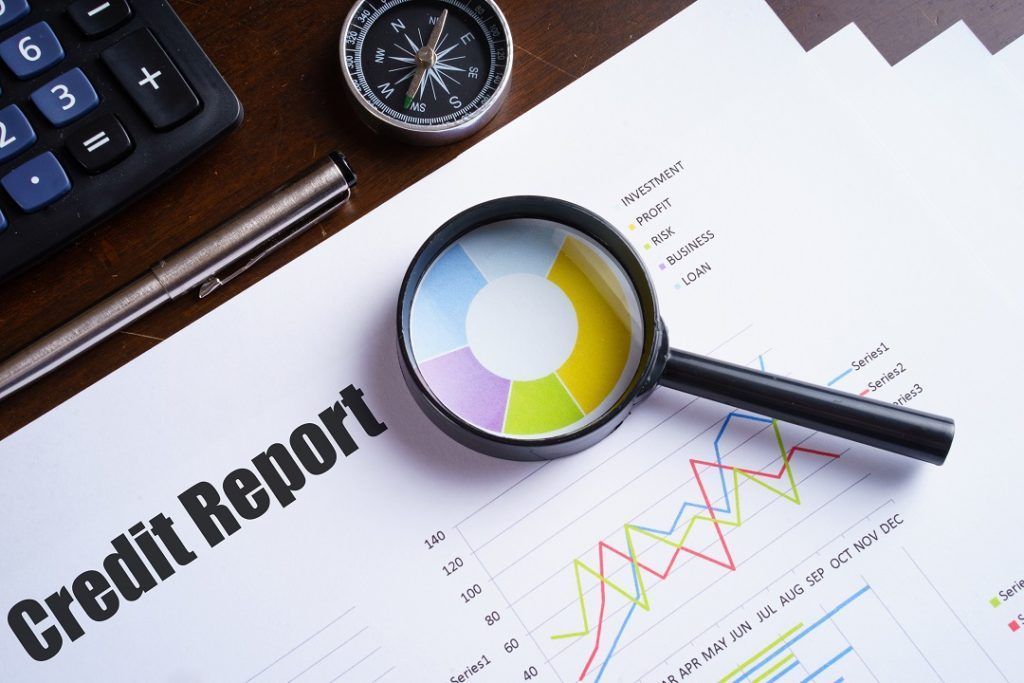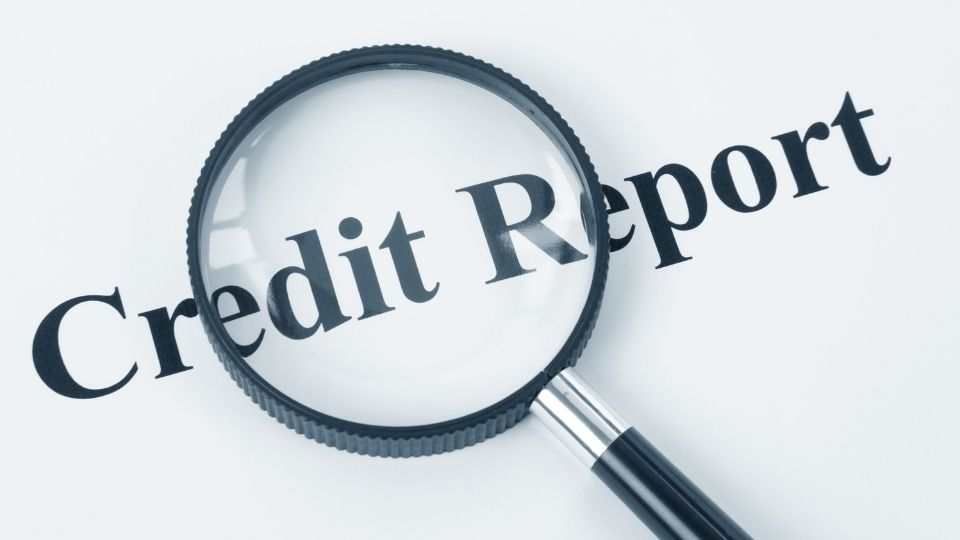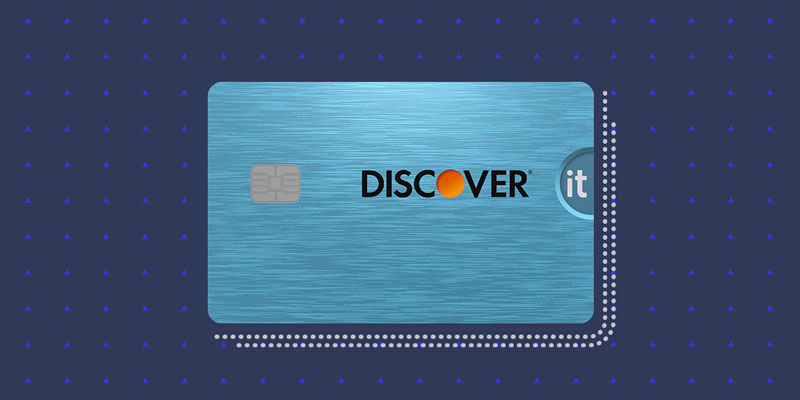You should be familiar with the contents of your consumer credit report since a high score can have far-reaching effects on your financial situation. Your credit score is one factor that lenders look at when deciding whether or not to extend credit to you in the form of a loan, credit card, or credit line. One of the factors used to determine if you are granted new credit and at what interest rate is your credit score.
Who Determines Credit Scores and Why?

Credit ratings don't materialise for no reason. They are determined by looking at your credit record. The Fair Isaac Corporation's FICO score is widely used. The scale for this score goes from 300 to 850, with 850 being perfection. Another option for credit rating is VantageScore.
FICO and VantageScore model uses a distinct set of algorithms to calculate a credit score, although they also use data from credit reporting bureaus. The first step toward better credit health is learning how to read your credit report.
A Guide to Understanding Your Credit Report

A credit report might appear like random statistics, but it's relatively straightforward if you know what you're looking for. There are typically five distinct parts to a credit report.
Details About Yourself
Your credit history is connected to your Social Security number. In addition to your name, DOB, and current address, this information will also be included in your credit report. This background check includes your current and previous residences, places of employment, and any other names you've used in the past.
Credit Accounts
Depending on how long you've been using credit, this will make up the bulk of your credit report. All of your open and closed credit accounts will be included here, along with facts about each one, such as the sort of account it is, the name of the creditor, the current amount, the total credit limit, your payment history, and the date it was opened and closed.
Collection Items
The creditor may send the account to a collection agency if you fail to pay your debt. Once a bill goes to collections, it might appear on your credit report. Negatively impacting a score, collection items are a real possibility.
Accessible Documents
Judgment will be entered against you if a debt collector wins a lawsuit filed by them to collect on a debt that is not paid. A review, as well as any subsequent collection efforts, such as a wage garnishment or a lien against your property, might show up on your credit report. This portion of public records would also include information about foreclosures and bankruptcies.
Inquiries
Lenders may look at your credit report and score when you apply for new credit. Inquiry of this nature is considered rigorous. Each further examination for credit will land on your credit record. Excluded are requests that do not entail a review of your credit record, such as when you check your report or score.
Concerning Your Credit Rating and Report
For several reasons, you must understand how to decipher the data included in your credit report. First, it might help you learn more about the factors that boost or lower your score. FICO scores are calculated using the following five criteria:
- Prior Receipts
- Amounts Owed or Used on Credit
- Length of Credit History
- Credit Mix
- New Credit2
In determining your final grade, many factors are taken into account. Of the five, payment history is the most crucial. In the same way that making all of your payments on time might boost your score, failing to do so can have a devastating effect.
What Exactly Is a Consumer Credit Report, Anyway?
A consumer credit report is a document detailing an individual's current credit standing and credit history. Credit reports describe an individual's open, closed, and overdue accounts, credit limits, account balances, payment histories, names, addresses, and phone numbers, as well as public data like liens, collections, and bankruptcies.
What Isn't On A Credit Report?
Your credit report does not include details about your spending habits, marital status, medical history, bank or investment account balances, educational background, disciplinary record, or credit score.
How Detailed Is a Complete Credit Report?
Credit reports contain various information about a person's financial history and are presented in a statement style. At the top comes the individual's biographical data, followed by a breakdown of their credit history into categories, including credit cards, loans, mortgages, and public records.
Summary
Although credit reports have a reputation for being confusing, they help raise your score. However, remember those bad things, such as overdue payments and collections, can remain on your credit report for up to seven years, and bankruptcies can remain for up to ten years. Regularly reviewing your credit report will help you establish a solid foundation upon which to develop a positive credit score, which will serve you well when applying for new credit.




